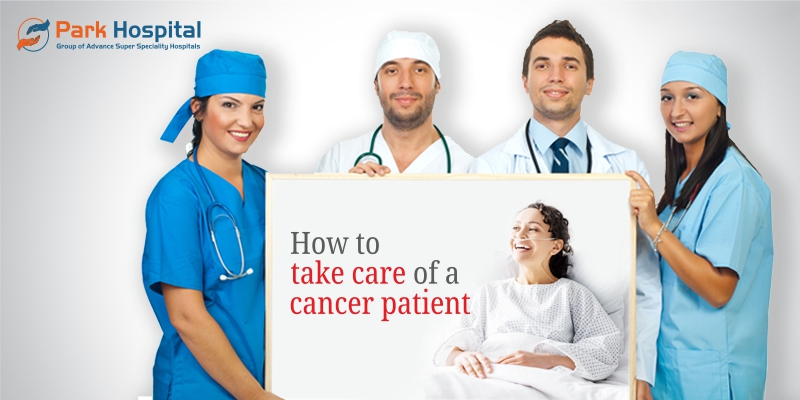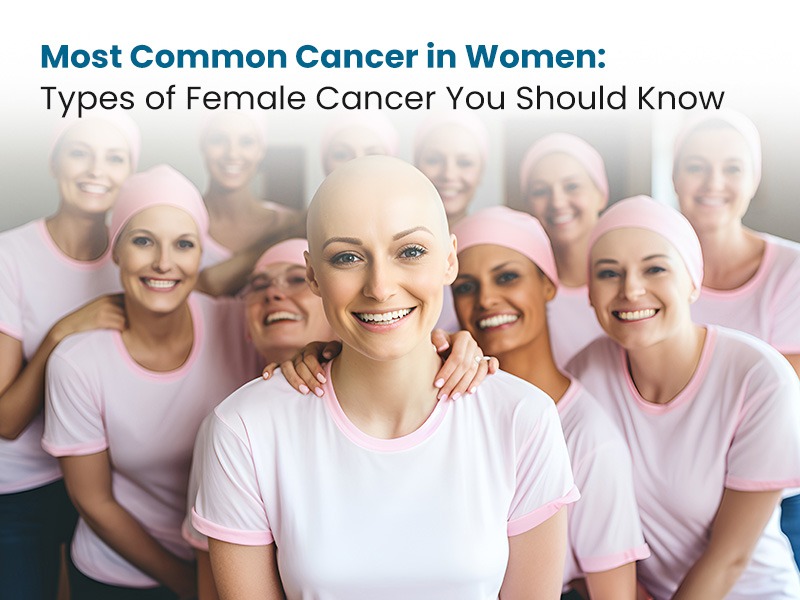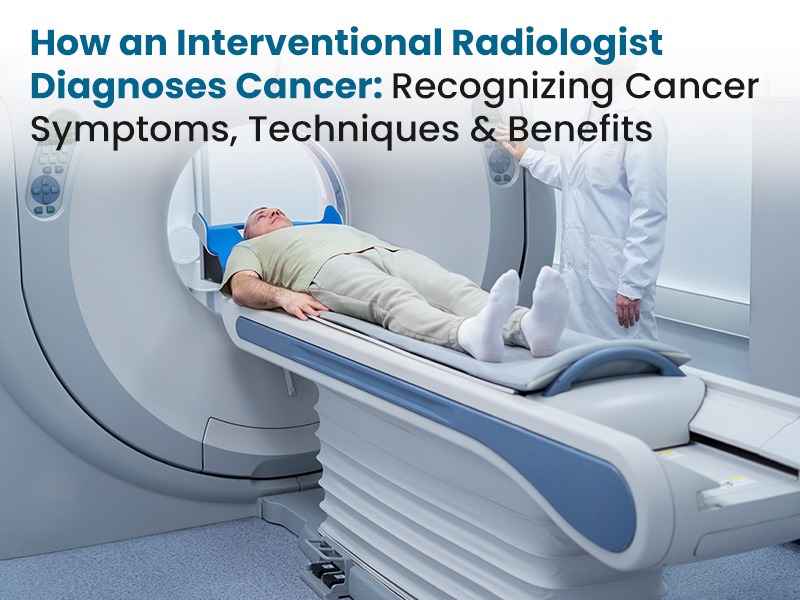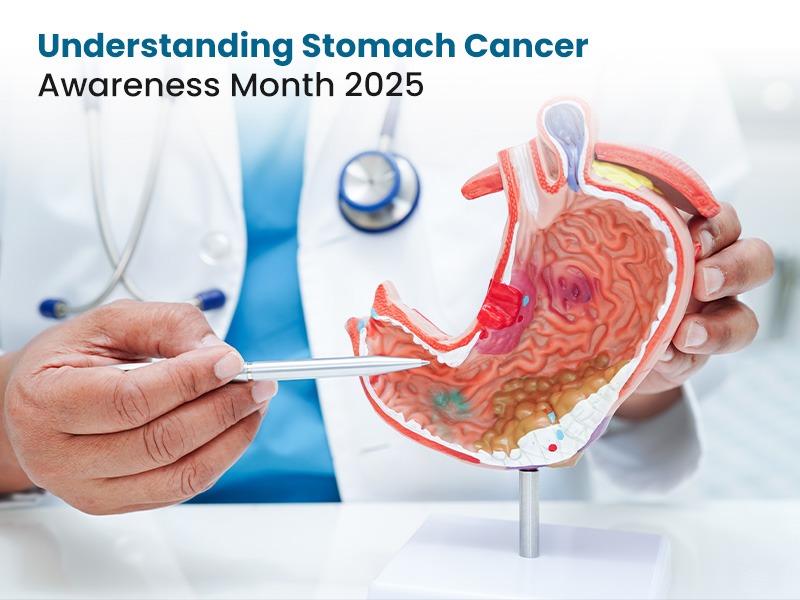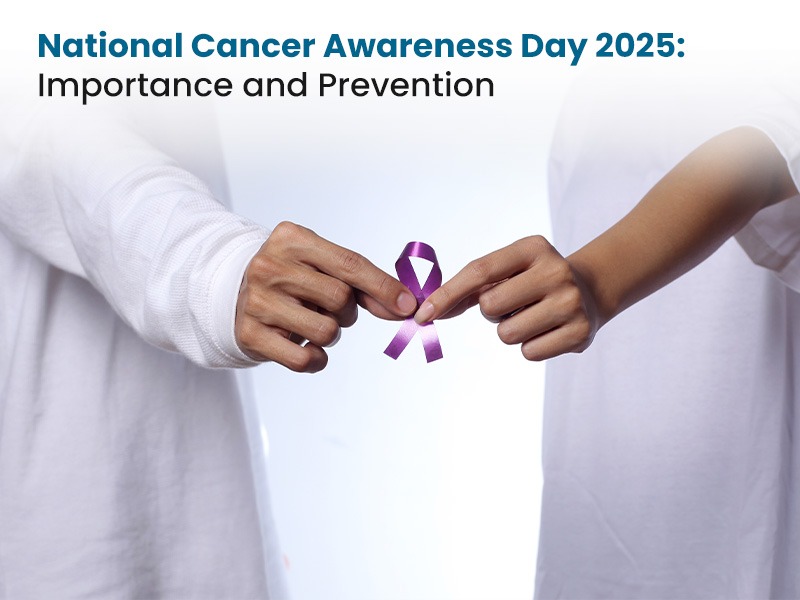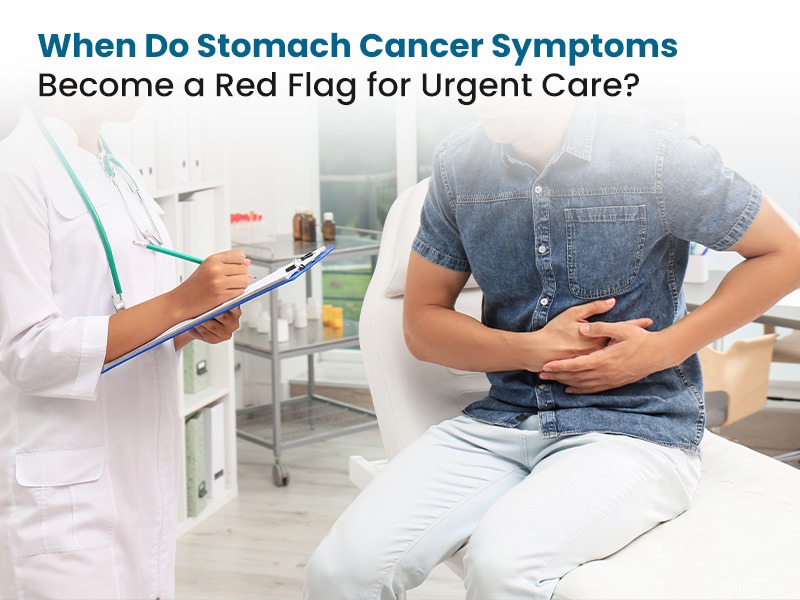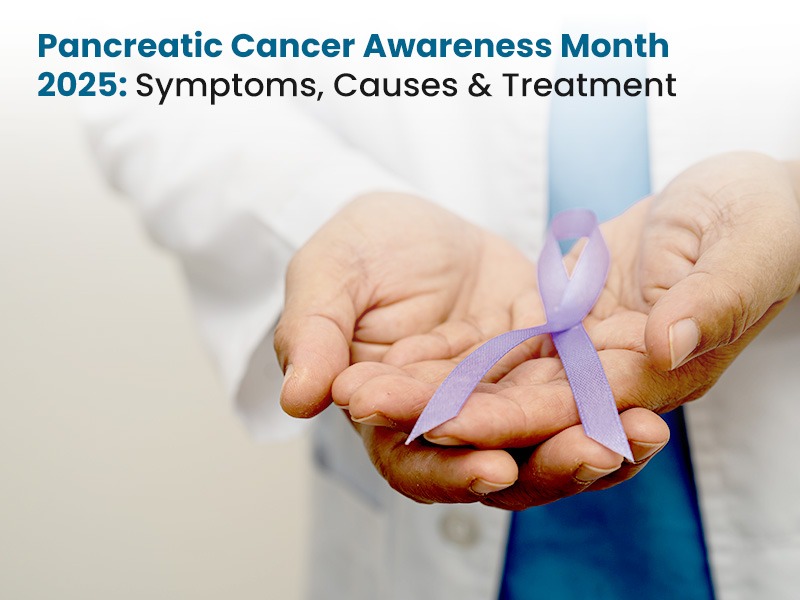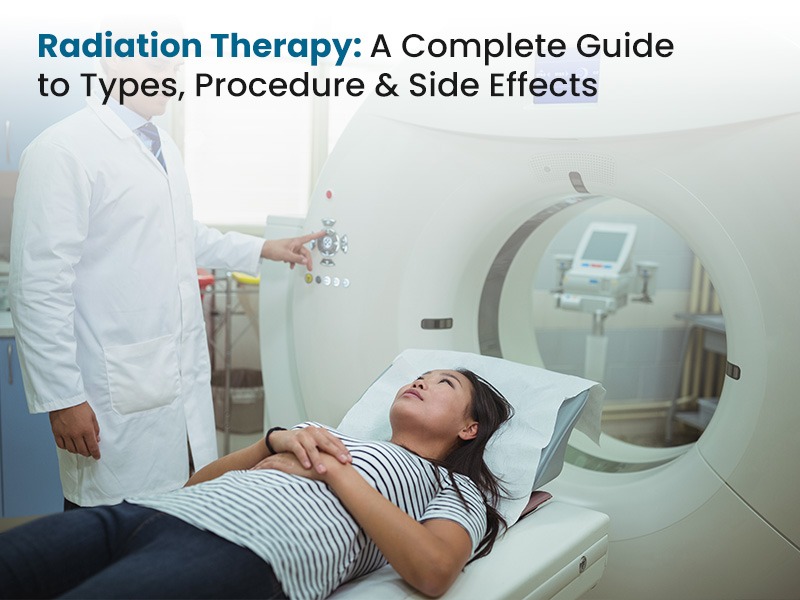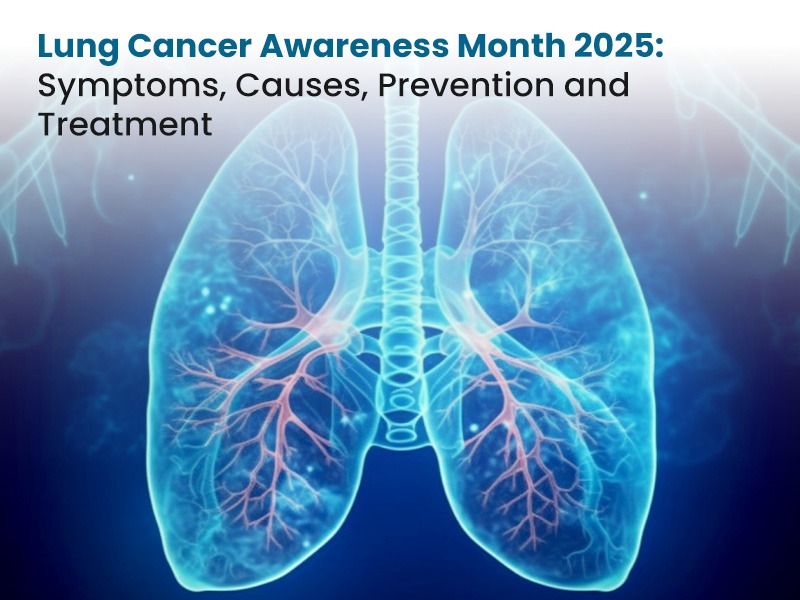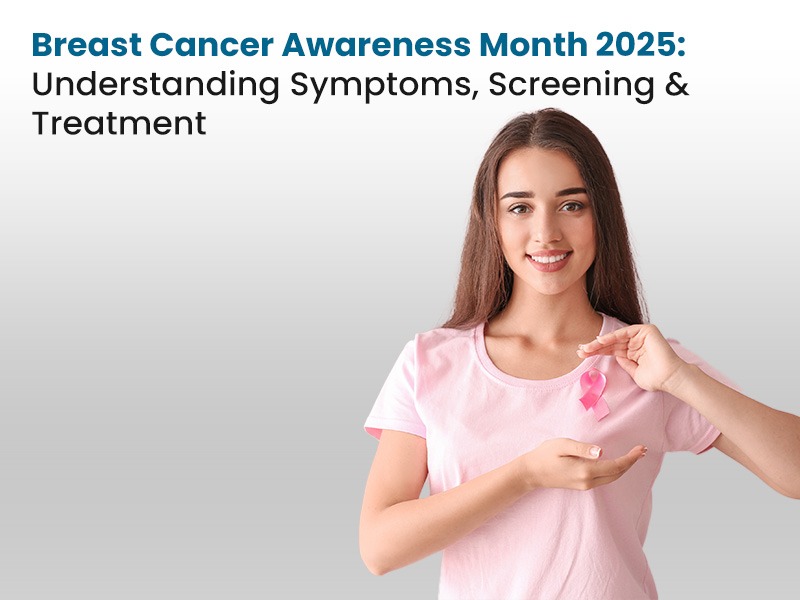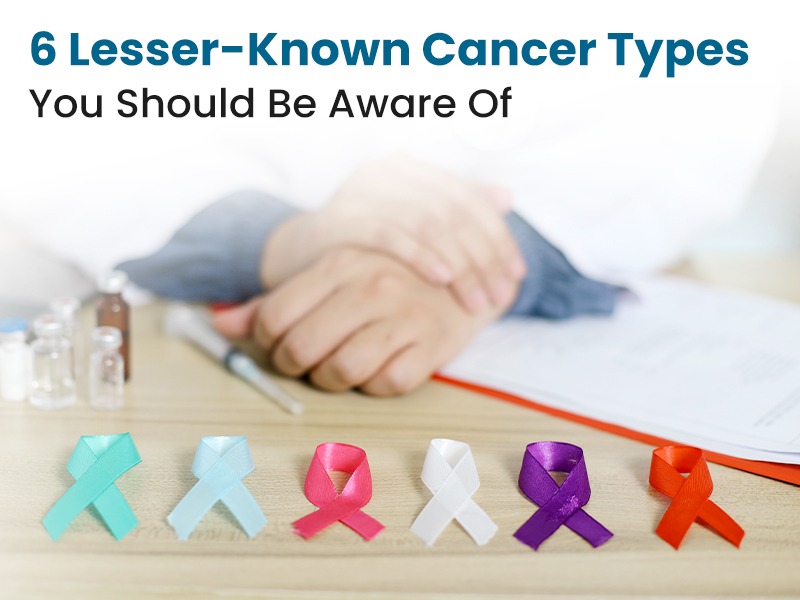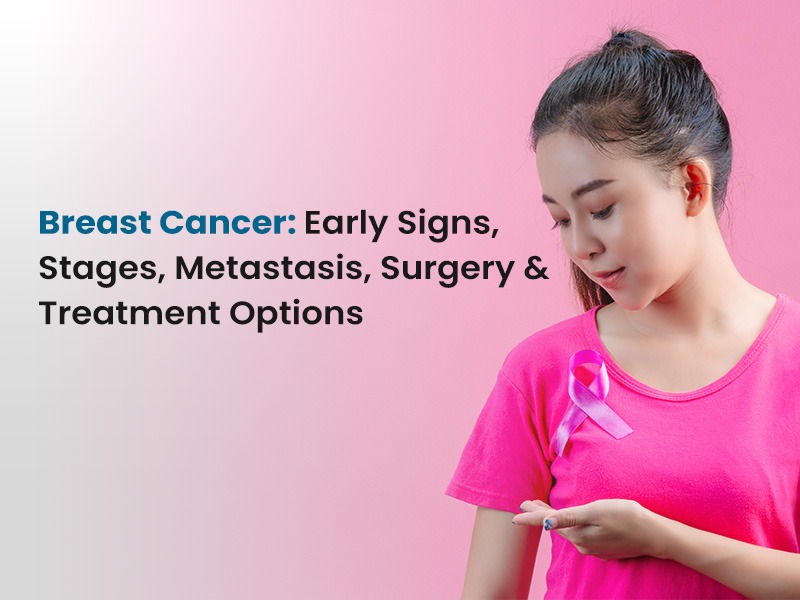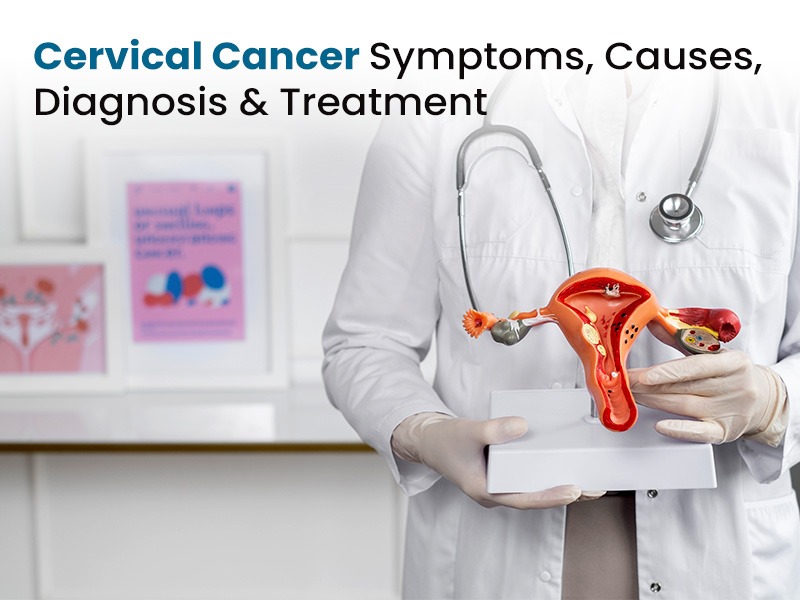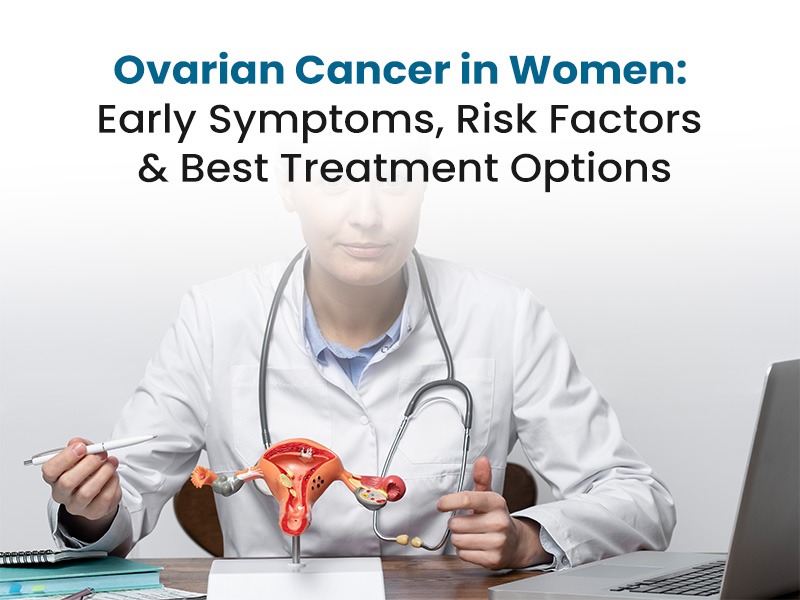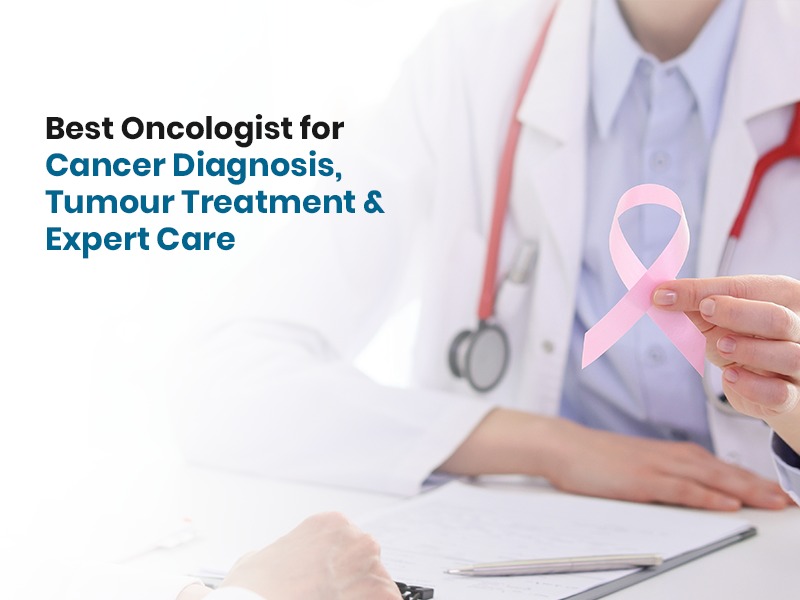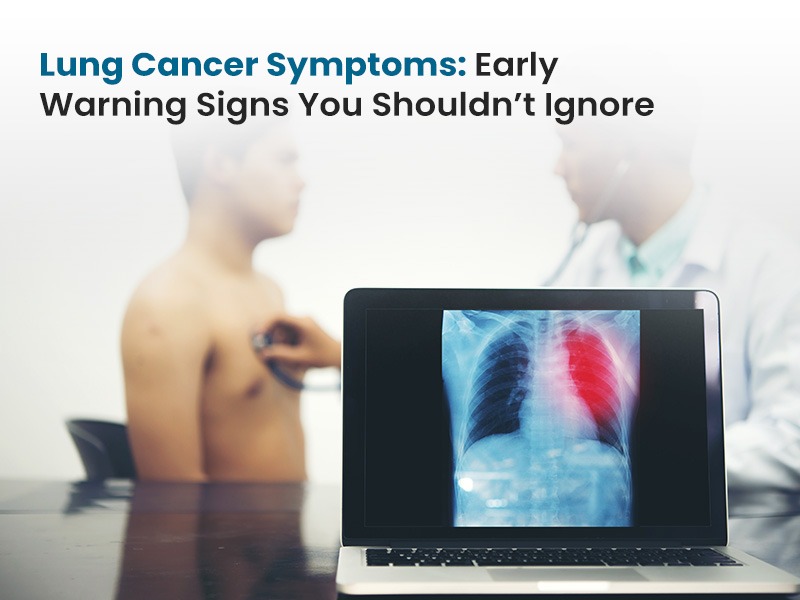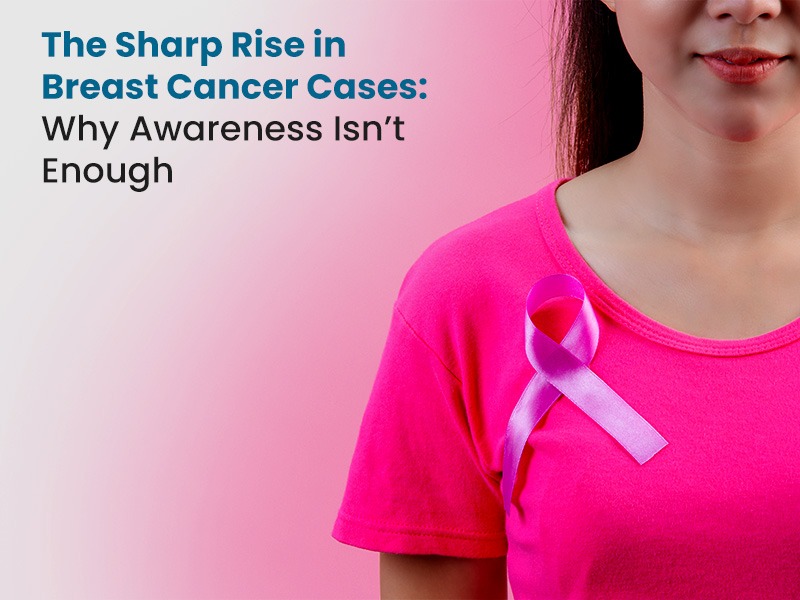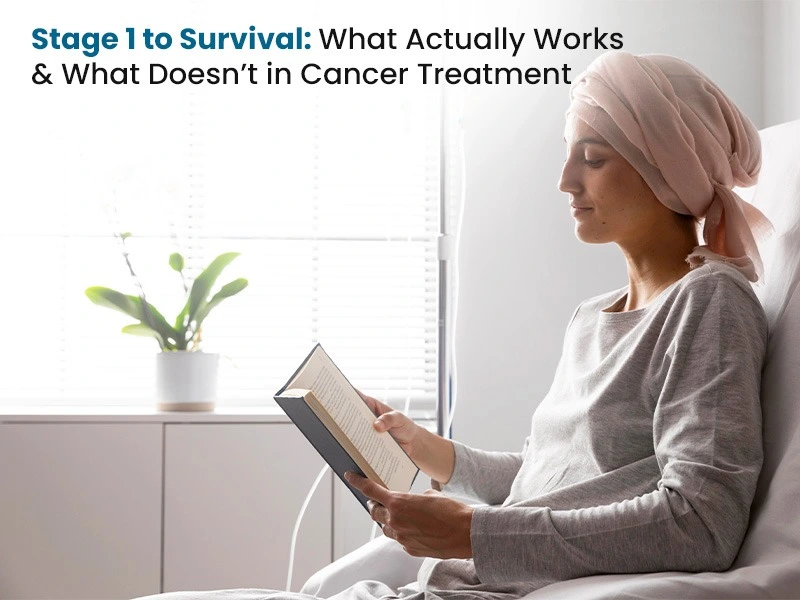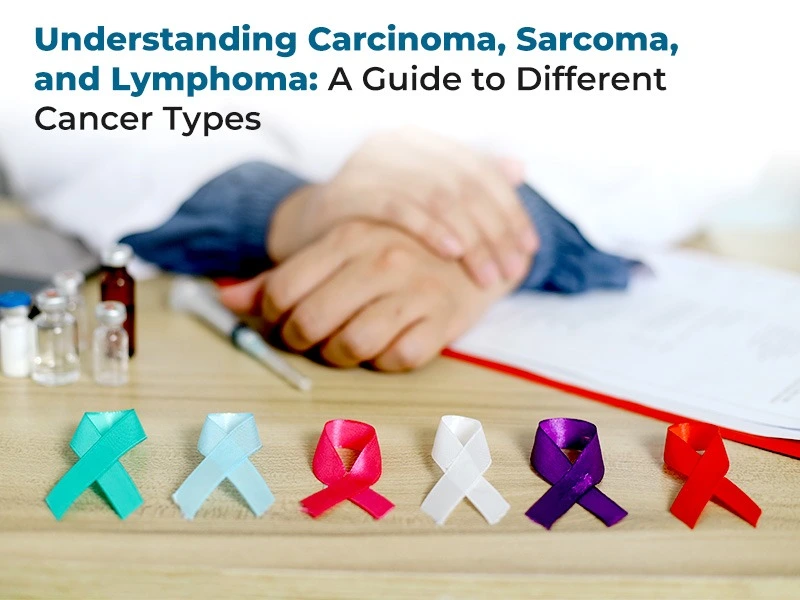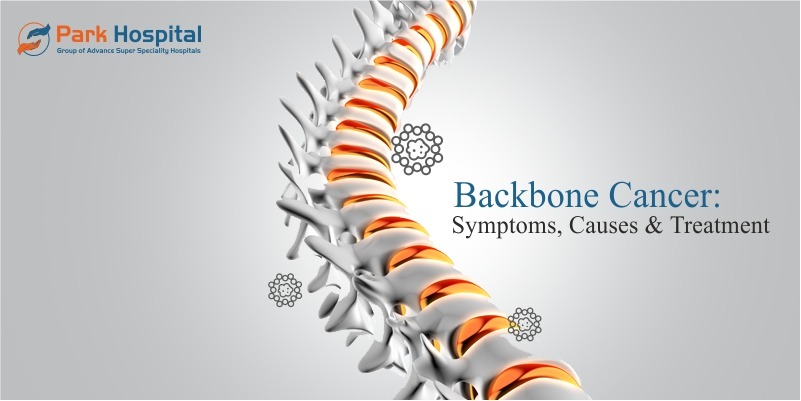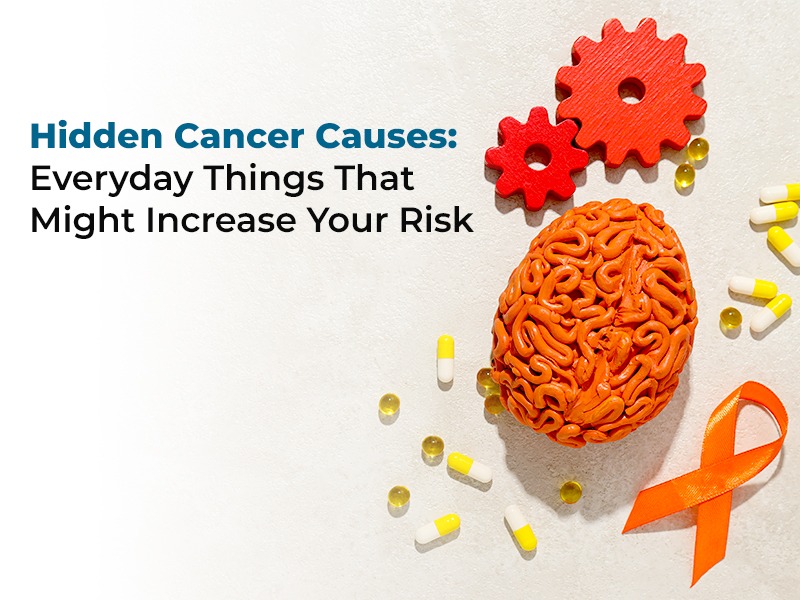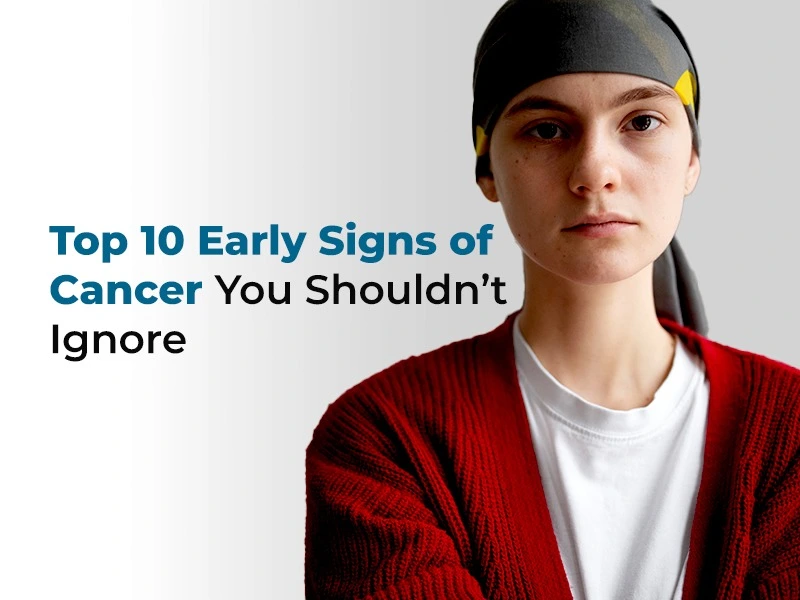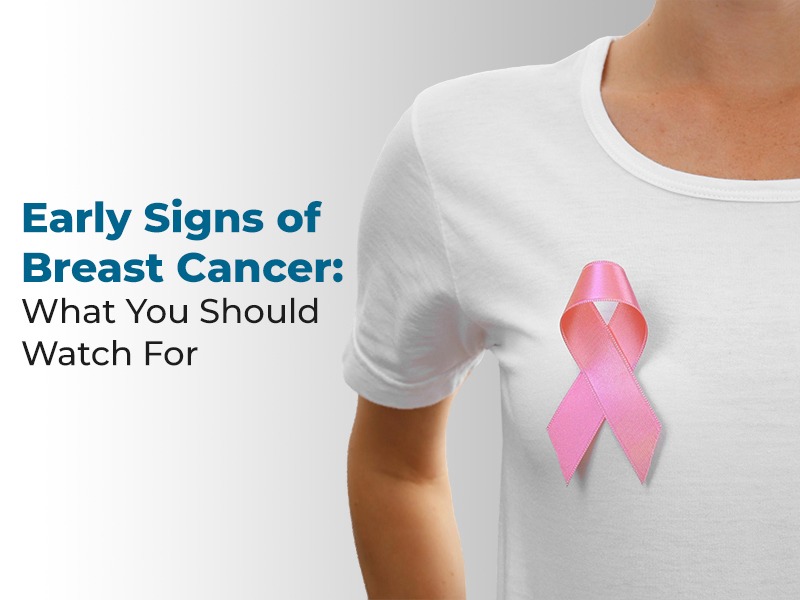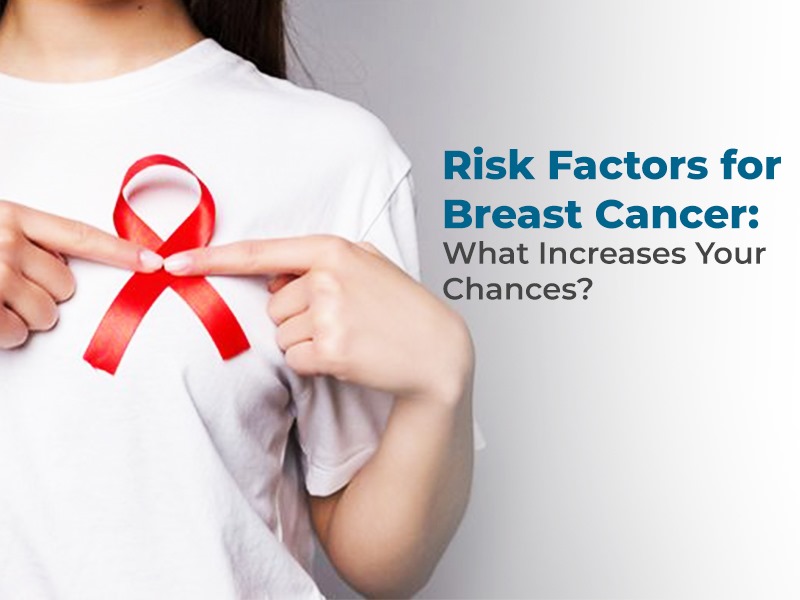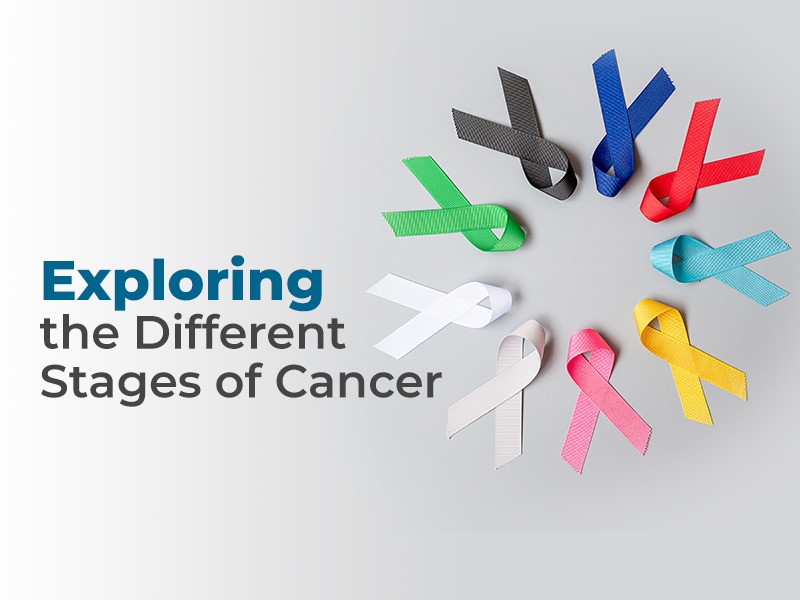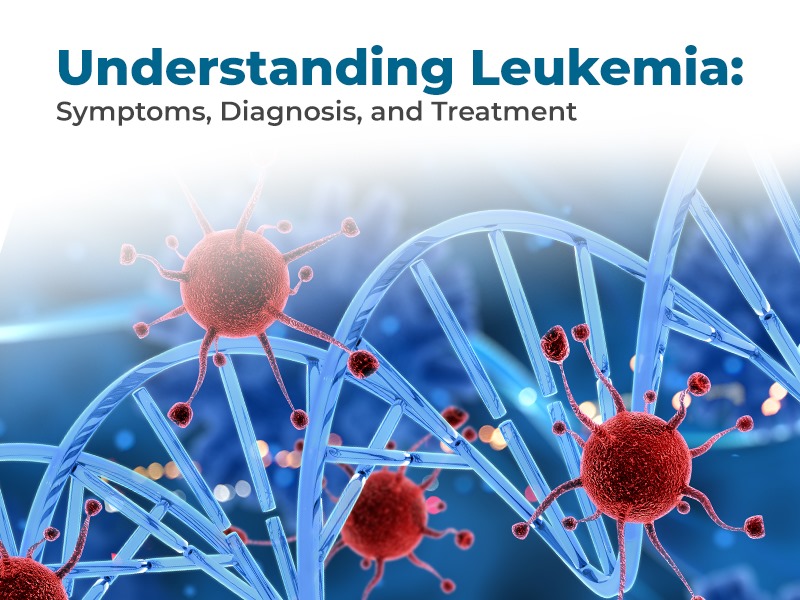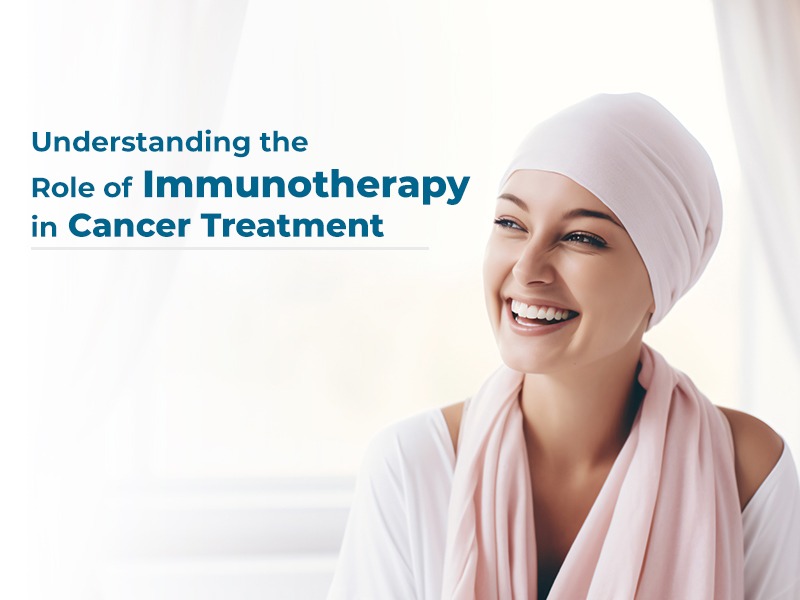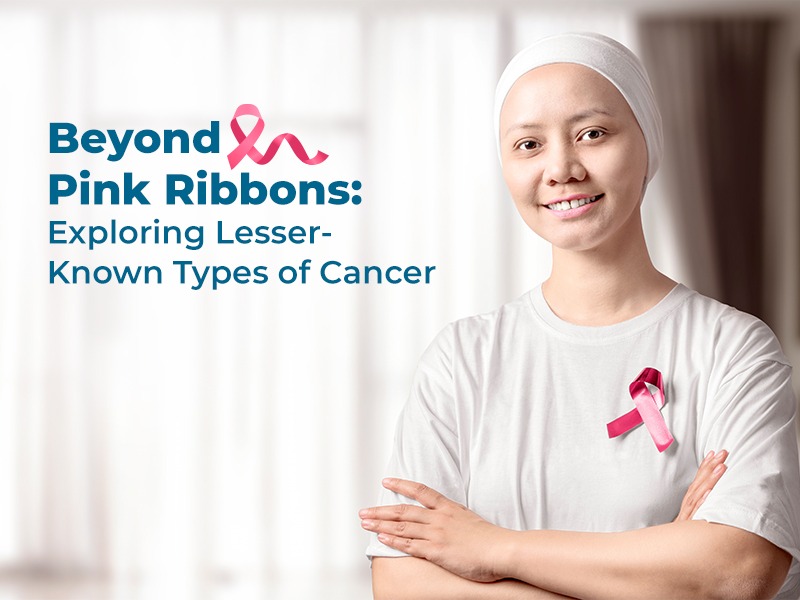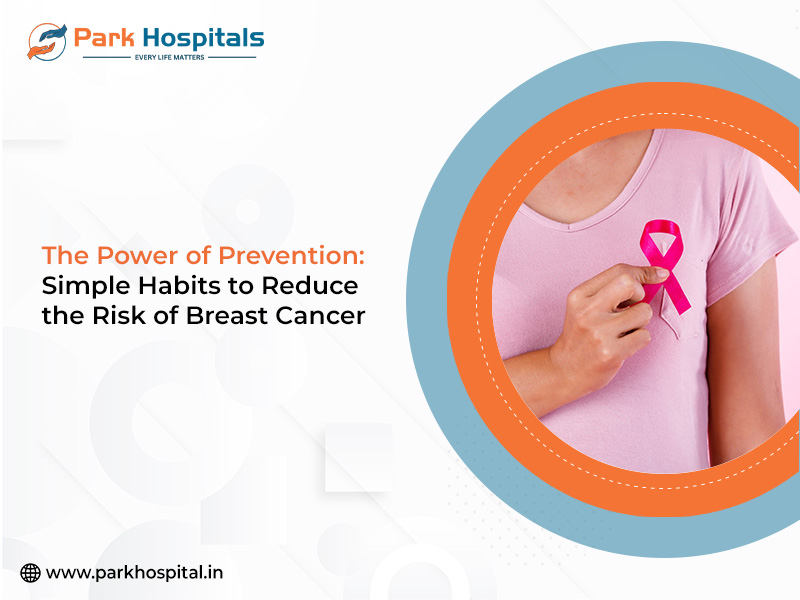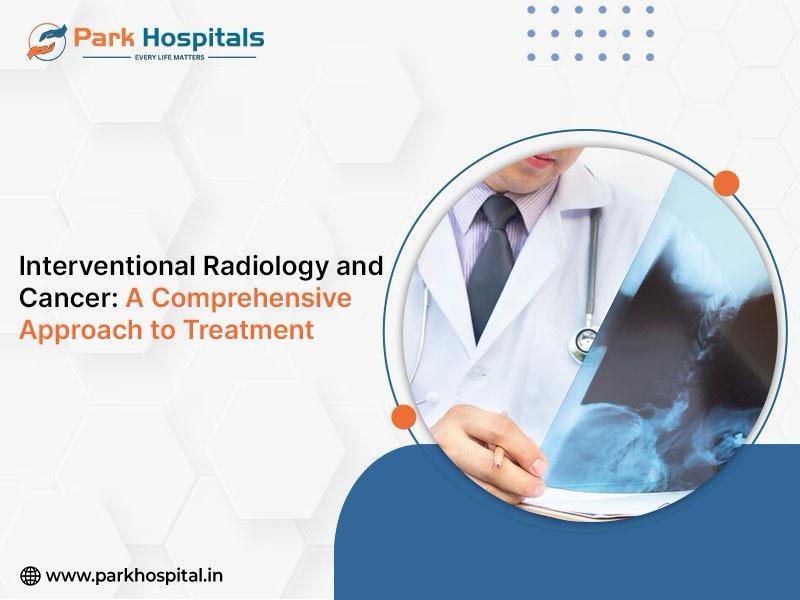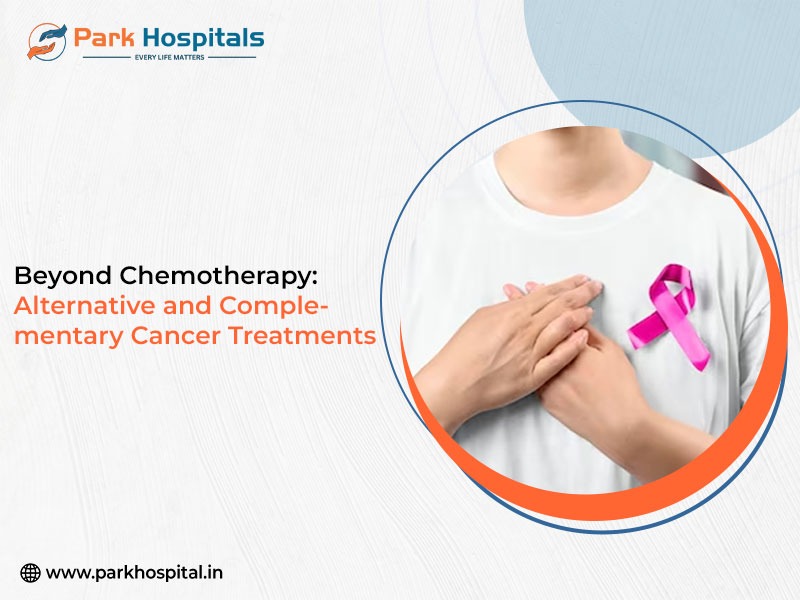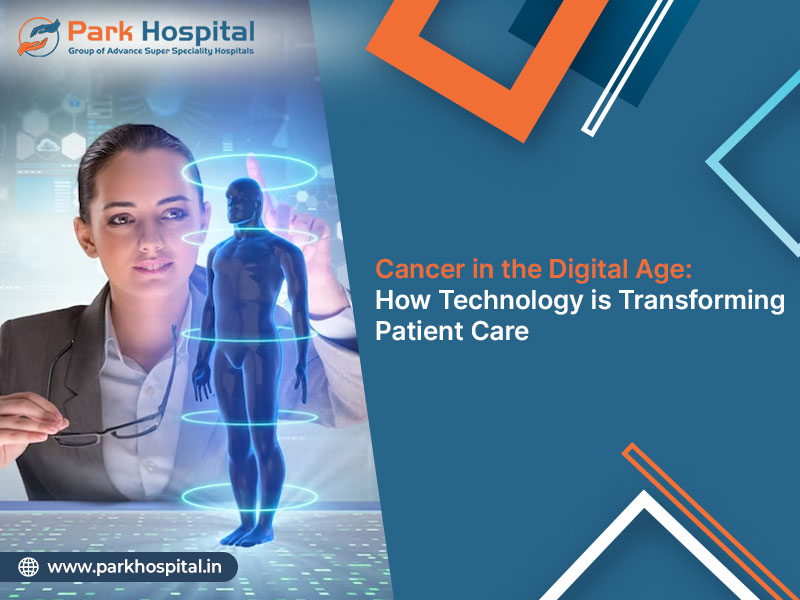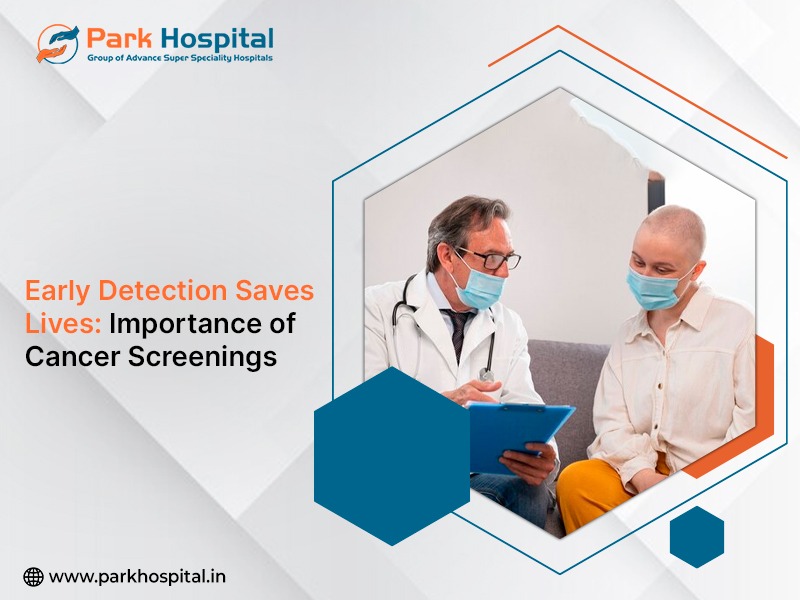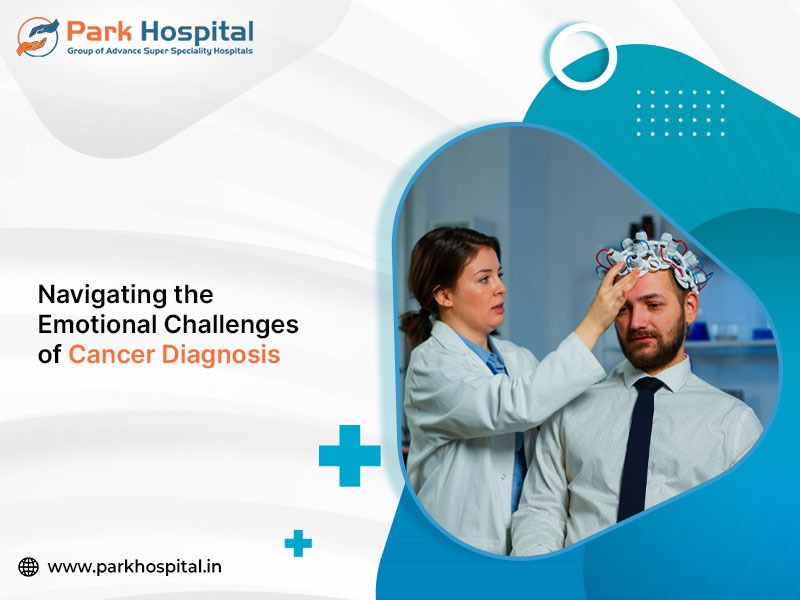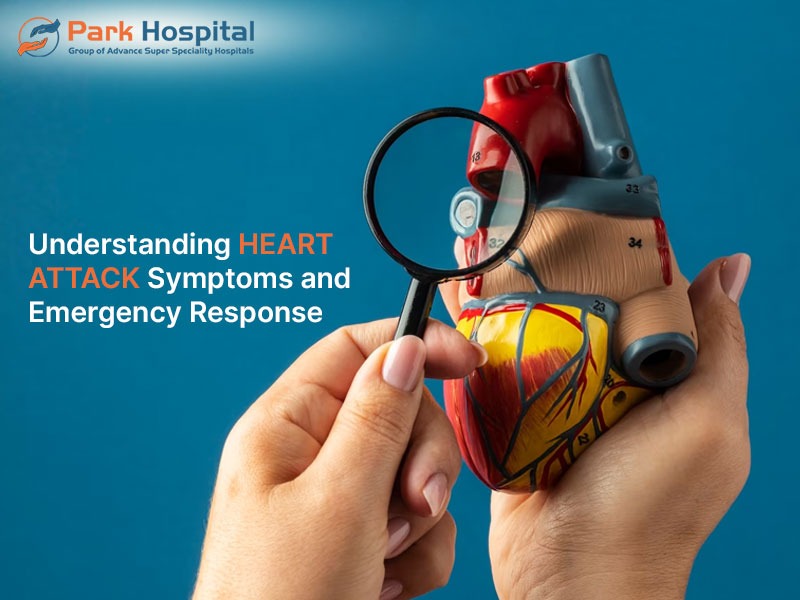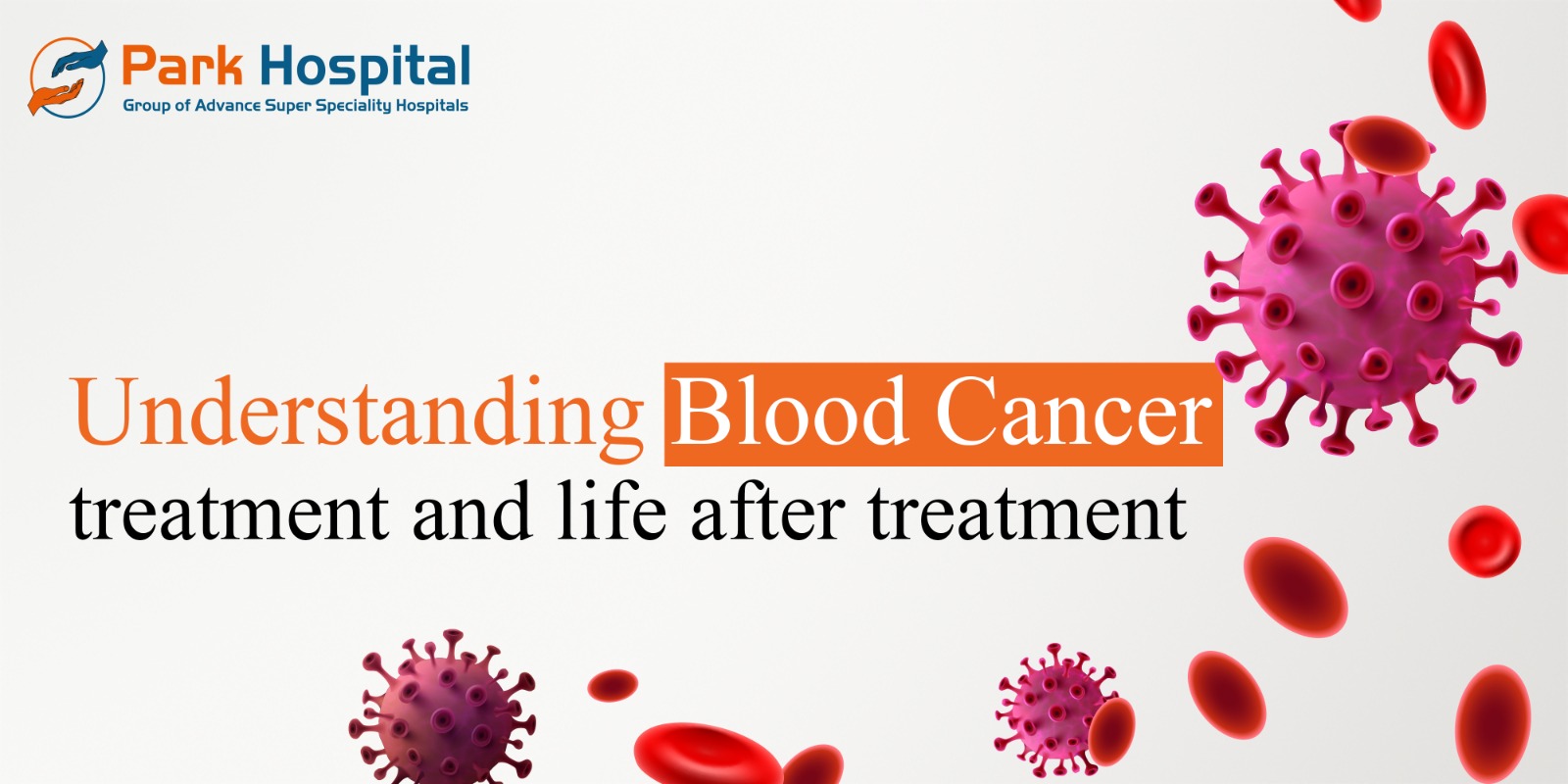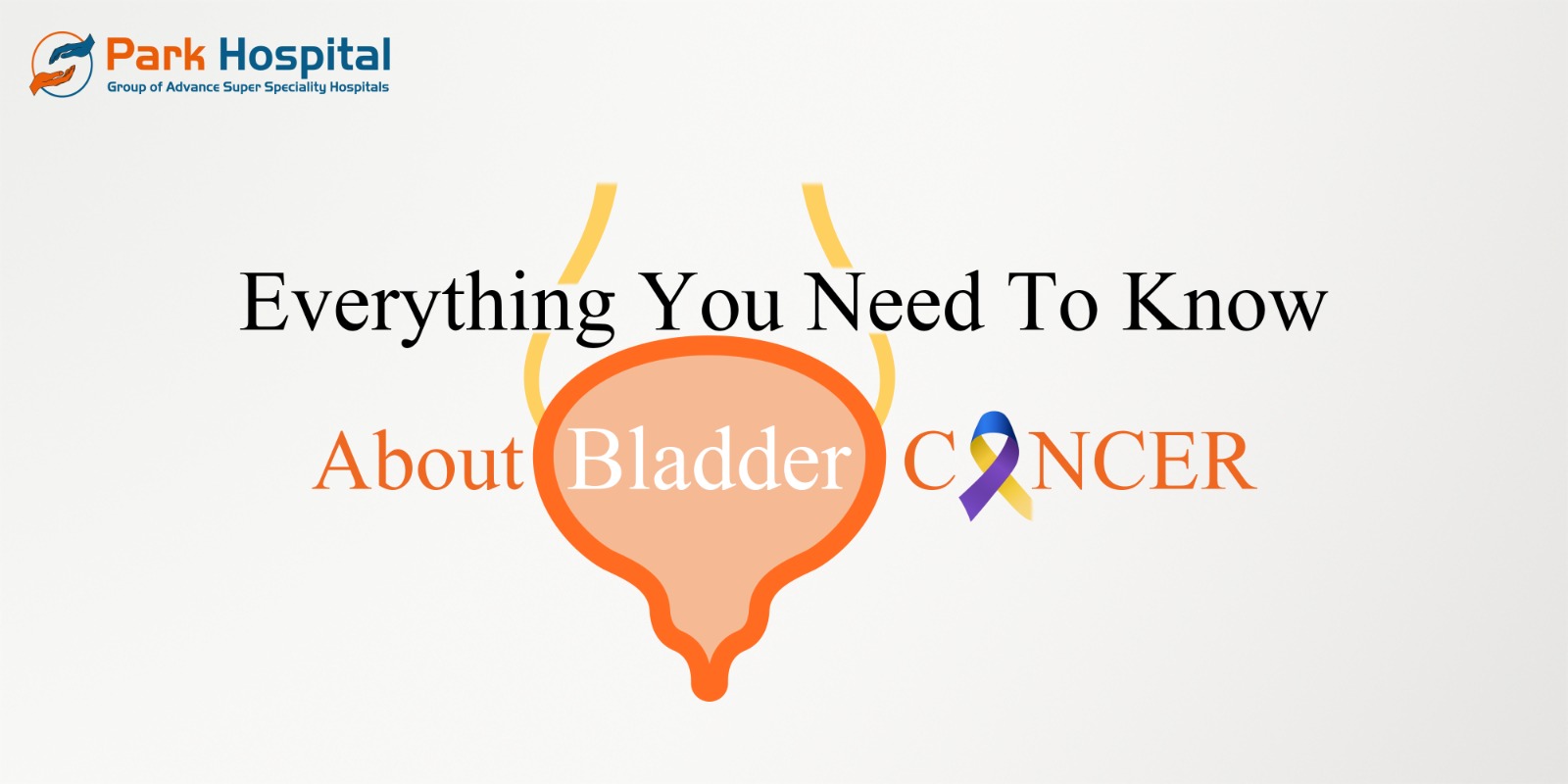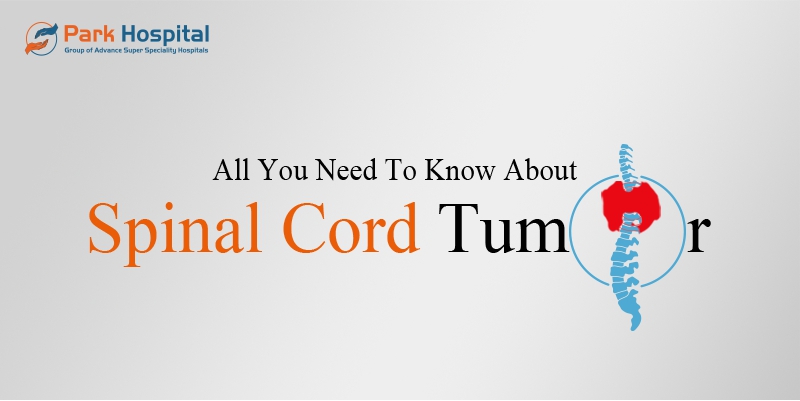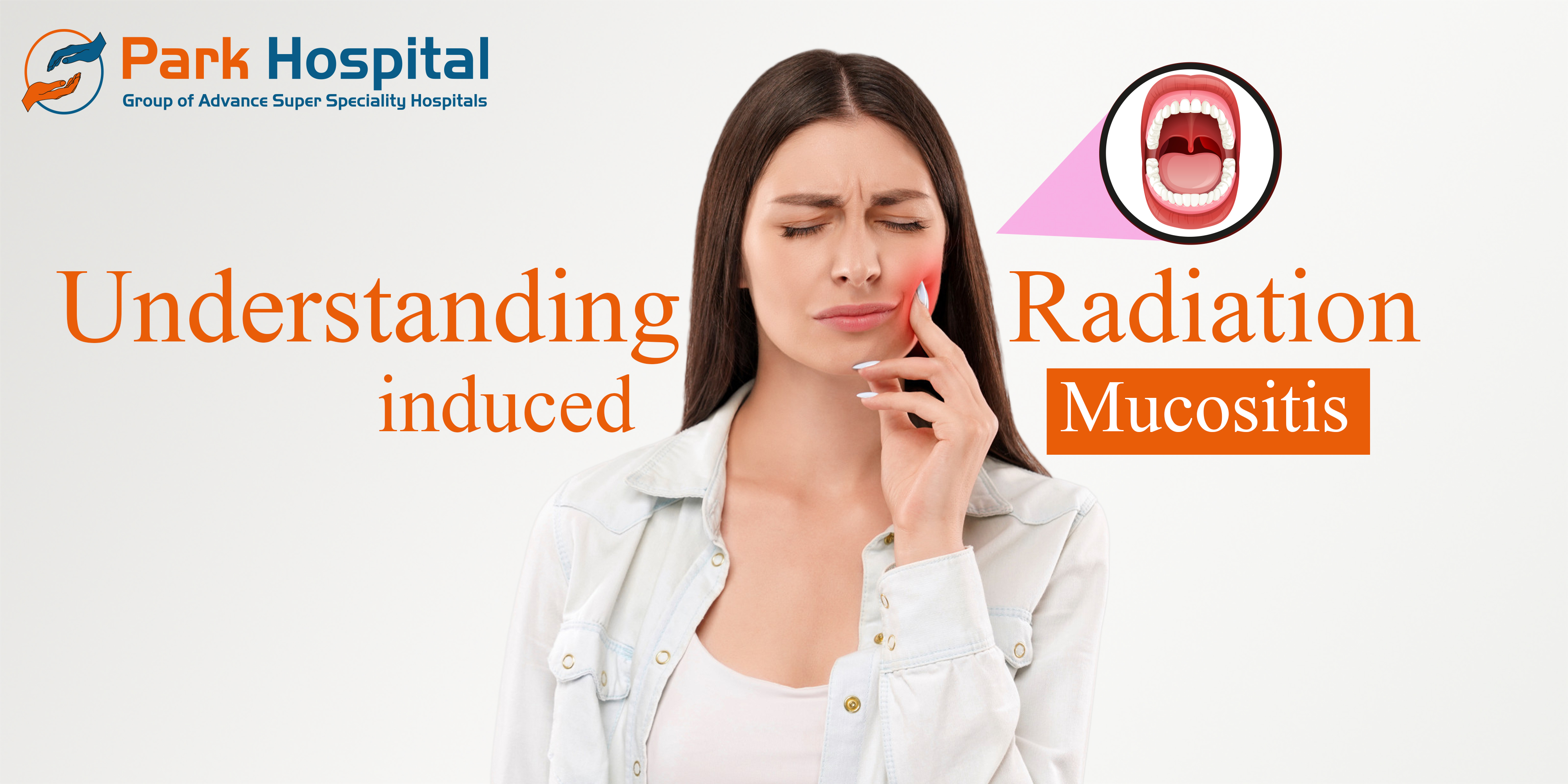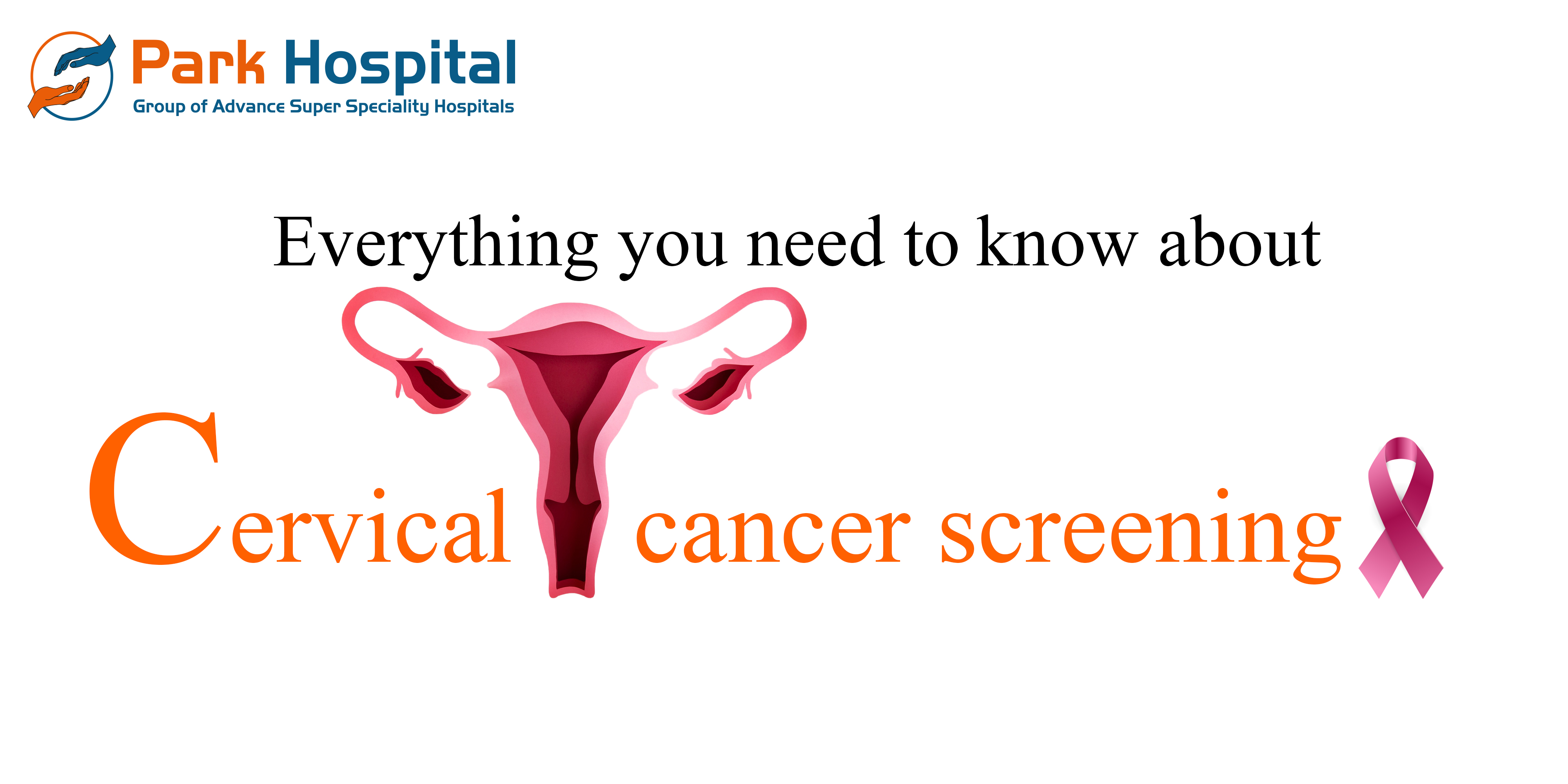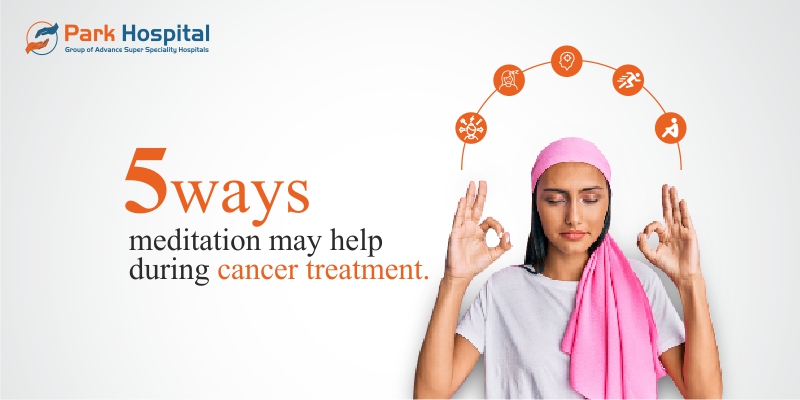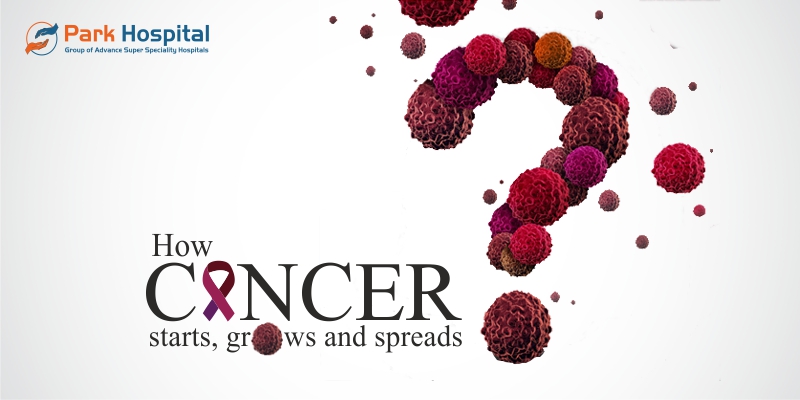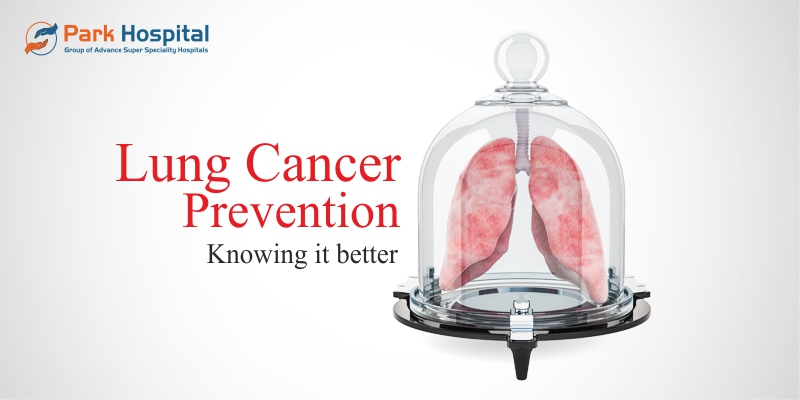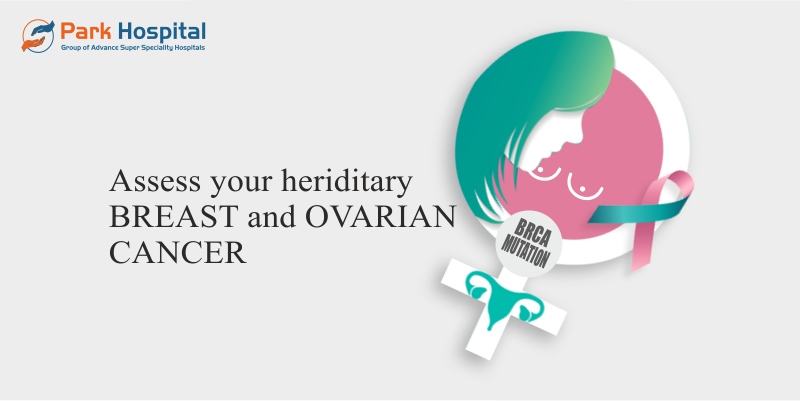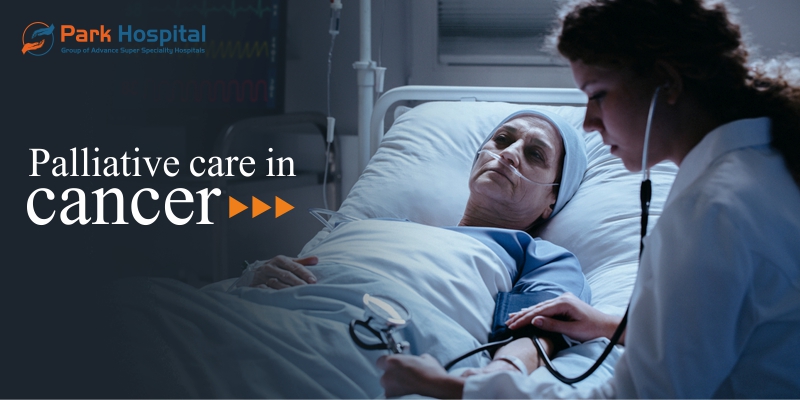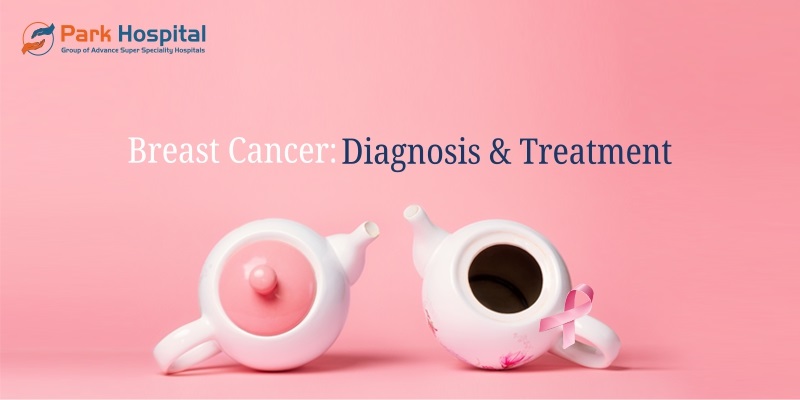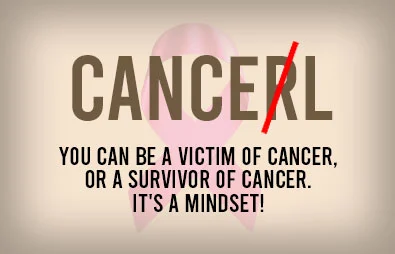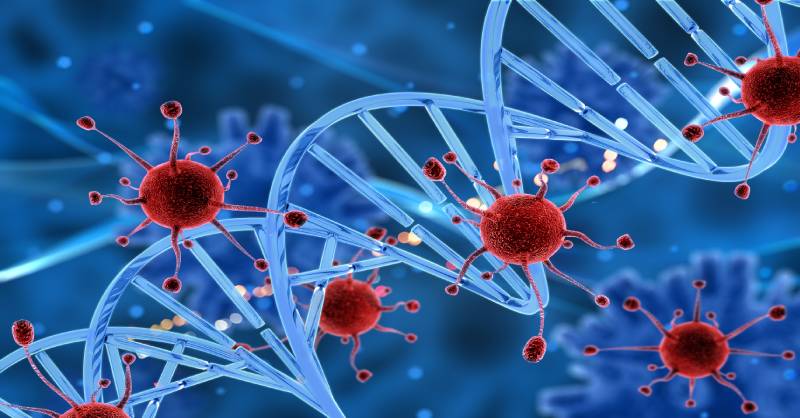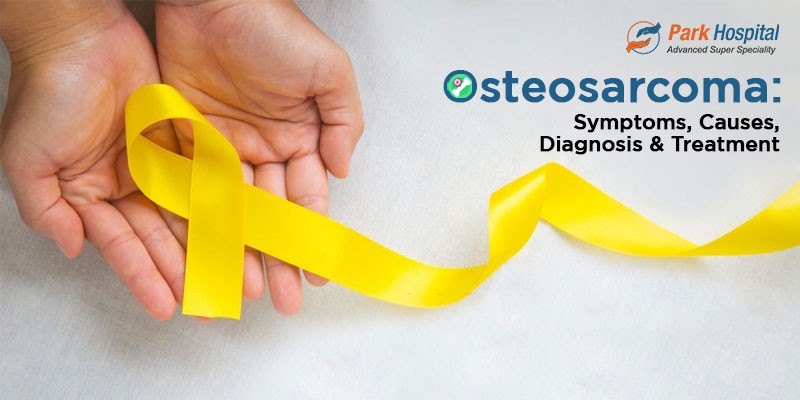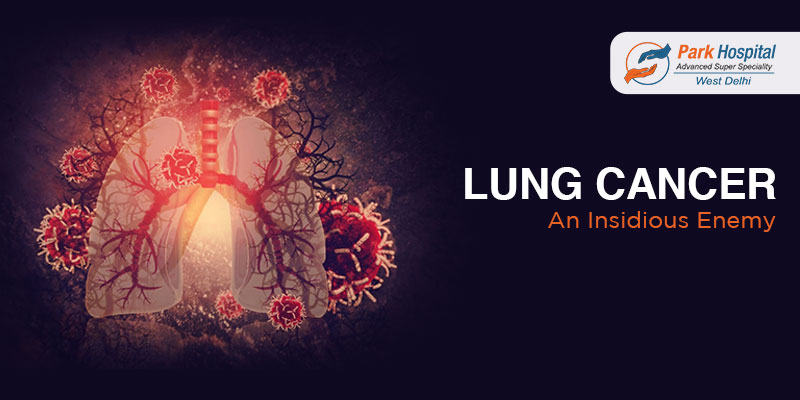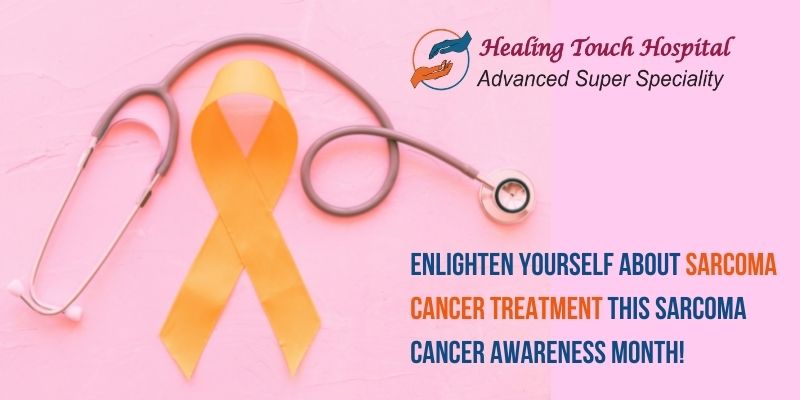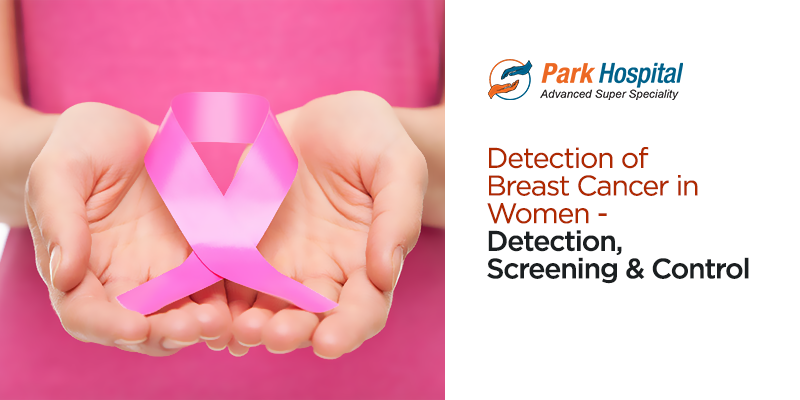Cancer has been affecting the lives of many people across the globe. While they are in their cancer treatment the most significant person in their life would be their caregiver.
A caregiver is simply a person who provides them the support and care they need during their treatment. This person is often found playing various roles like a medical advocate, nurse, counselor, homemaker, and prime breadwinner. The journey just rolls between various roles which can be exhausting. While the journey can be complex and filled with obstacles it's obvious for both patient and caregiver to undergo numerous emotional turmoil. But losing patience isn't the way. So the expert oncologists at Park Hospital have listed below ways that can help you look after your loved ones and improve their cancer care experience.
1. Educate yourself about cancer treatment and hospital
Cancer treatment varies from person to person based on their condition. So get in touch with your consulting doctor and ask for study material that can help you understand the treatment better. Know what to expect and what needs to be avoided to prevent a situation from worsening. Also, look up the hospital’s website to know available cancer treatments.
2. Stay organized
File up every paper related to the treatment. Keep your records in one place to avoid chaos in the time of emergency. This will also help you track the treatment process.
3. Pin the contacts
Always pin the important information like the doctor's name, timings, and days (they are available) pinned at a place that is easily accessible to all. This will help others (in your absence) to get medical assistance without delay.
4. Don't force your loved one
Instead of directing, let patients freely express themselves. Being positive can be difficult for them as a lot goes through their mind that they may not say. So instead of bottling up their feelings, let them know they can freely express their concerns and tensions. This will help in keeping their blood pressure and stress levels low which can be beneficial during the treatment.
5. Bad days need extra care
If your loved one is being cranky or depressed or showing a range of emotions just be patient. On bad days patients need extra love, care, and attention. Sometimes this reaction could be due to heavy medications which they have been on. On these days, often tell them you love them and help them see good in them.
6. Cancer break is important
When somebody is fighting cancer, the topic becomes inevitable. Somehow or the other it will pop up in your conversations. But take a break from it! For a day or a few hours leave cancer behind and talk about something else like what they want to do at the moment. Shift your focus and spend some quality time. This will relax you both.
7. It’s okay to remember past
Grieving is also very important. Many people just keep hustling, suppressing uncomfortable emotions like grieving. But if you once let out everything, it will help you think more logically. Think about what you can do now and take one day at a time, understanding there will be both good and bad days.
8. Prioritize your responsibilities
While there is no scope for add-on work, you need to prioritize your task list every day. Instead of running various errands by yourself just postpone or delegate small tasks to other people. This will give you time to relax too. You can also let them do some tasks as it will give them the feeling of being independent and boost their confidence.
Cancer treatment can be petrifying. It takes a toll on your emotional and physical health. Patients and family members all go through the agony of it but losing hope isn't a solution. Being a caregiver you need to be strong but while you look after everyone you need to take care of yourself too. Because if you don't do so you won't be able to provide the best care possible. Here are a few more things to take into consideration.
What should be the diet of the patient?
Dietary changes are inevitable with any treatment. But before you go for any dietary changes you must remember two things:
- No diet can cure cancer
- Every patient is different and has varied needs so before opting to any dietary changes consult your oncologist.
A healthy diet is a balanced diet. You can add lean proteins, fruits, vegetables, whole grains while limiting the intake of sugar, caffeine and salt. Completely stop the consumption of alcohol and cigarettes.
What are the Common side effects of cancer treatment?
The two most common cancer treatments are radiation therapy and chemotherapy. But no treatment is side-effect free. The side effects of chemotherapy vary depending on the medication kind, dose, and general health of the patient. While chemotherapy has effects on the entire body, radiation therapy has its effects mainly on the treatment area, though it depends on total dose, site of body, technique etc.
Some common side effects of the cancer treatment that a patient may experience are:
- Fatigue: It is the most common side-effect, one may feel extreme tiredness along with the foggy headed feeling. Post treatment the energy levels might restore back to normal.
- Pain: Some medications can trigger extreme pain in different body parts such as stomach, headache or muscles. To reduce the pain take the medicines in the same dose as prescribed.
- Soreness: Both therapies have the potential to cause mouth sores, sensitive gums, a painful throat, and a higher risk of tooth decay. To relieve discomfort, a mouthwash or painkillers may be recommended by the doctor.
- Issues with the Digestive System: Numerous chemotherapeutic agents have a history of causing diarrhea, constipation, nausea, and vomiting. Many of these symptoms can be avoided or reduced with medications. The tastes of individuals frequently vary. Treatment may also result in a sensitivity to specific odors.
- Skin Problems: Chemo and radiation therapy can impact the skin too. They cause problems like peeling of the skin, redness, skin irritation, blisters and even swelling the treated area.
- Weight Variations: An individual might either gain or lose significant weight. To manage the weight of the patient, get in touch with a dietician. They can better guide you about the situation.
- Hair loss: Hair loss and thinning on the body may occur during chemotherapy. Hair loss in that region may result after radiation therapy to the head and neck. However, exposure to radiation elsewhere won't result in hair loss on the head.
Do's and Don’ts of the Treatment
While undergoing the cancer treatment patient and their family's mind will race through a series of questions related to the do's and don’ts.
DO's
- Regular exercise: This will help you in maintaining your health. Don't overdo it as it might drain your energy levels but a moderate regular exercise routine can help you stay healthy and may help you in reducing the impact of the side effects.
- Keep your mind relaxed: Various emotions can trigger while undergoing the treatment but don't stress yourself. Talk to your loved ones about your thoughts and concerns as it will help you keep your mind calm.
- Consume fruit and vegetables: Have a healthy diet. A healthy diet is the best diet for you as we discussed above.
DON'Ts
- Avoid smoking and avoid being around someone who is smoking by sitting far away from them.
- Give up drinking
- Avoid prolonged exposure to the sun. You may get the advantages of vitamin D through moderate sun exposure, but excessive exposure to the sun might increase your risk of developing cancer.
- Avoid foods and beverages that are excessively hot, spicy, fried, preserved, processed, and junk food.
- Reduce stress and your sedentary behavior
When to rush to hospital for urgent cancer care?
The treatment is a long journey that will have its ups and downs. But you have to be cautious
Fever: Even if your temperature doesn't register above 100.4, you should still go to the emergency care to find out what's causing the fever to rise and rule out any underlying infections.
New onset of pain: Cancer and its treatment can both cause new, uncontrollable agony. You must seek attention from an emergency care team if you're suffering from worse-than-average pain, regardless of the source, or if there is a recent development of pain, warmth, redness, or swelling to a limb. This also includes discomfort that is unrelated to your disease or therapy.
Bleeding from any site: Cancer treatment can reduce the number of platelets in the blood, which helps in blood clotting and stops severe blood loss when we cut or injure ourselves. Hence cuts and wounds take longer to heal. In such a case consult your doctor immediately.
Park Hospital is a group of super-specialty hospitals. We are one of the best hospitals for cancer treatment. With the help of state-of-art facilities, we are able to look after our patients. We ensure that we can support the family by doing everything we can. So if you are looking for treatment options or guidance get in touch with our oncologist, they will help you through the process and cancer treatment.
Always remember that you might not be able to prevent cancer but you can always fight it!

